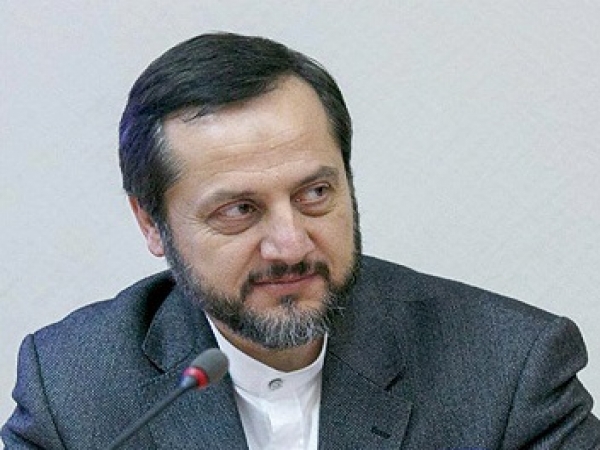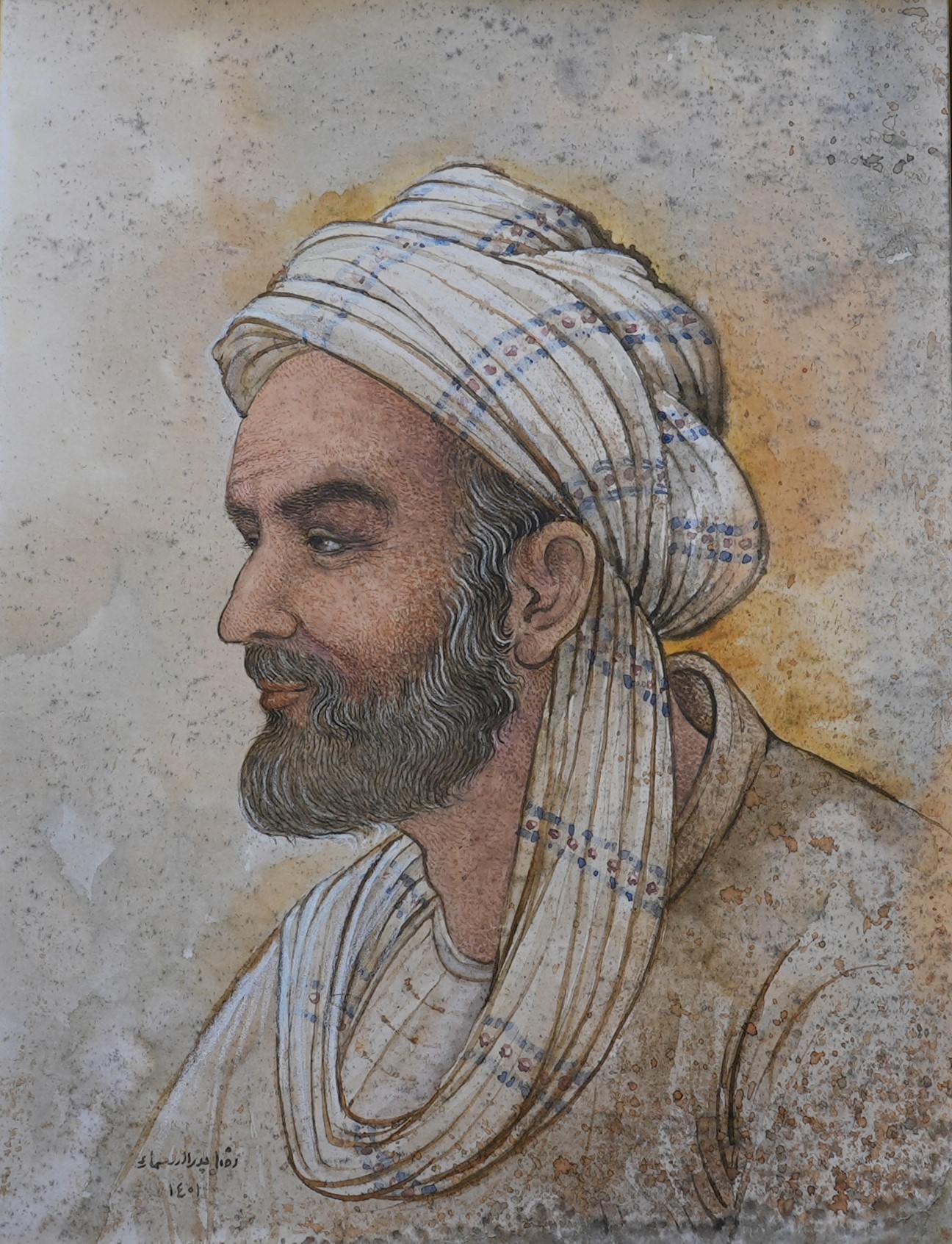Hamid Hadavimogaddam is the president of the Islamic Culture Research Foundation, a scholar, expert in Islamic philosophy and legal method, participant of numerous Islamic conferences, author of articles on Islamic philosophy published in Russian academic editions. The Foundation has recently celebrated its 10th anniversary. Today we are discussing it with Mr. Hadavi.
—Many academic works have been published and conferences have been conducted with the support of the Foundation. Could you tell more about these events?
—Yes, a conference entitled “Revolution and evolution in Islamic thought and history” took place in the Institute of Philosophy of the Russian Academy of Sciences with the assistance of the Foundation. Some recognized academics, such as Andrey Smirnov (director of the Institute of Philosophy), Hossein Khosrowpanah (president of the Iranian Institute for Research in Philosophy) and other leading researchers from Russian and foreign universities participated in this event. The conference’s objective was to comprehend the changes that have been taking place in the Islamic thought and culture throughout the entire history of Islam’s existence in terms of their revolutionary or evolutionary nature, without limiting ourselves to philosophical topics. The participants delivered reports on philology, history (in particular, the history of Islamic philosophy), Islamic law and ideology, cultural and religious studies.
– What are the main goals of the Foundation?
—All the research works conducted by the Foundation are based on the commitment to the principle of objective scientific analysis of the issues related to Islamic culture and thought. Islamic culture is an important element of the global culture, and an integral part of the Russian culture. Unbiased research on Islamic culture plays an important scientific, political and strategic role in maintaining inter-faith and inter-civilization balance and establishing a common understanding between nations. The Foundation is involved in translating the works devoted to the history of Islam, Islamic philosophy, culture and civilization into Russian. It also pays attention to the books on Islamic law, research works on education and family relations, works of famous Muslim thinkers and European researchers of the Islamic culture. Apart from that, the Foundation devotes much time to cooperation with Russian academics — researchers of Islamic philosophy — and publication of their works. Next year the Foundation is planning to issue grants for researchers specializing in this field.
– What new editions issued under the Foundation’s auspices would you like to mention?
— Together with the RAS Institute of Oriental Studies, the Foundation has launched a new book series called “Islamic and pre-Islamic world: history and politics”, which starts with a monograph by D.E. Mishin, “The history of the Lakhmid state”. This work contains a description of the political history of the Lakhmid state, as well as some observations and generalizations regarding its evolution. The next book in this series, which will be about Tunisia, is being prepared now.
A book by A.Yu.Zhuravlyov entitled “Islamic banking” has been published in the “Economics and law” series. The work treats the question of combination of business activities and moral criteria. Another work from this series — “Islamic management: Approaches” — will see the light very soon. Both books have been prepared in cooperation with the researchers of the RAS Institute of Oriental Studies and have been published under this organization’s imprint.
I would also like to mention a book written by Pyotr Kazaku, an Orthodox Christian scholar and researcher of Islam, which is entitled “Islamic religious education in Germany”. The book has been approved by the Moscow Spiritual Academy of the Russian Orthodox Church. It provides a comprehensive analysis of cooperation between federal departments of Germany and Islamic communities at the level of academic discourse. Such research might be quite useful while trying to establish such cooperation in Russia.
The research work entitled “Persia: the history of undiscovered land” tells about the rich cultural and historical heritage of the Iranian civilization, starting from the ancient times until the end of the 19th century. The “Modern philosophic discourse” book series is also worth mentioning. By tradition, our new editions will be presented at the upcoming non/fiction book event, where a relevant event will take place.
– How do members of academic community and readers welcome your books?
— The potential of cooperation between Russian and foreign researchers in the area of Islamic studies, philosophy, history is surely strong, which creates many opportunities for productive work. The fact that a number of our authors have been recently granted awards is a proof of our works’ recognition. For example, this year Vladimir Bobrovnikov and Seyed Nasser Tabai received the Terra Incognita prize, which is given for original and unique creative works and academic research. Ilshat Nasyrov and Matem Muhammed Al-Janabi received the Eurasian award.
Interview by Arti A. Alexander



